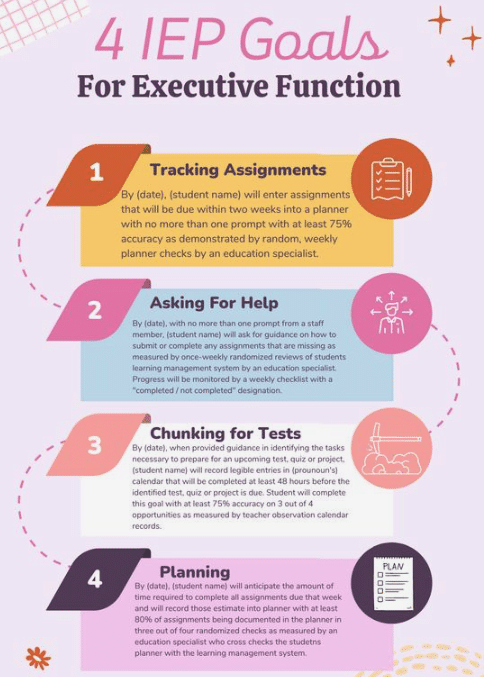Meet Susie, a bright and spirited child with autism. Her parents and teachers noticed that she faced challenges in school, struggling with communication, focus, and social interaction. Here’s how School Function Assessment (SFA) made a difference in her life:
- Assessment Discovery: Through SFA, Susie’s educators observed her in the classroom, noting her strengths and areas of improvement.
- Parent and Teacher Feedback: Susie’s parents and teachers shared their insights, helping create a holistic view of her needs.
- Customized Goals: SFA identified specific goals, like improving communication and enhancing social skills.
- Introducing Goally: With SFA’s guidance, Susie’s support team incorporated Goally, a tablet with engaging apps for communication, executive functioning, and emotional regulation.
- Progress and Thriving: Over time, Susie made remarkable progress, communicating more effectively and excelling in social interactions. Goally’s tools complemented the personalized plan, supporting her educational journey.
School Function Assessment, coupled with innovative tools like Goally, helped Susie overcome challenges and thrive in her educational environment.











